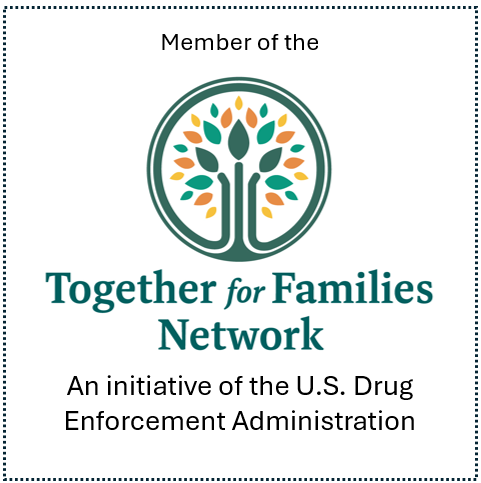Self-Care Skills for Coping With Grief
Ask the Experts | Mary Beth Garvey
I’ve recently had a loss in my life and I’m getting a lot of advice about how I should be coping. Despite good intentions, people don’t know what I’m experiencing or what feels right for me. Is there a “right way” to deal with grief?
A. There are many misconceptions about the grief process, but there are some basic self-care skills which are beneficial for anyone who is coping with a loss.
It is particularly important to attend to your physical health because grief can be psychologically and physiologically exhausting. Sleep, some exercise, and trying to eat well is a good starting point. Staying away from alcohol, which is a depressant, and other drugs which help you numb out, is also important.
It is also helpful to acknowledge your feelings, both positive and negative. This may be a solitary process or done with the support of a loved one. It may be self-reflection, through prayer or within the faith community, journaling or talking with a trusted friend or family member.
Not everyone needs or wants to work through their grief with others, but it is still critical to use your support network. Even if you choose not to share everything, you can still engage people you trust. Let those who want to help you know what support looks like for you.
Finally, be aware of potential triggers for your grief. Anniversaries or certain holidays can emotionally blindside you. Try to anticipate days or situations that may be difficult and explore what might make those moments more manageable, whether it is leaning on your supports, scheduling time by yourself, giving yourself permission to “opt out” or identifying new rituals that may ease your pain. Be gentle with yourself when something leaves you reeling.
All losses are not the same and grief will look different to everyone, as will how they navigate it. The idea that there is right way to grieve is one of the many misconceptions about grief that may get in the way of healthy coping, but there are many others. Among them:
- Grief is a predictable process that progresses through stages. While there are stages associated with the grief process – denial, anger, bargaining, depression, acceptance – people do not move through them in a linear way. Many move in and out of these stages repeatedly, others go through only some of these stages, and others still may get stuck in one.
- Grief is something that we resolve and it is healthy to do so quickly. Grief is not something to “get over” and there is no timeline for grief. While many people start to hear they should be over their loss after a particular period, grief is a process that takes time. A person may find a place for their loss, but it’s typically not something that becomes resolved. If we don’t attend to our grief, give ourselves the time and space we need to cope with our loss, it is more likely to result in other symptoms or difficulties or get reactivated down the line.
- We should not lean into our grief. There is often the idea that we should move away from our grief, that this will diminish it. However, denying it will not make it go away. However painful, attending to our grief allows us to lessen the power of it. Trying to mask it, or ignore it, can increase anxiety, depression or other physical symptoms, inhibits our ability to be meaningfully connected with others, and denies us access to the support we may need.
- It’s important to “be strong.” Being strong does not mean pretending everything is okay. Feeling emotional, tearful or unmoored is not a sign you aren’t doing well. It takes a lot of physical and emotional energy to pretend you are doing fine when you feel vulnerable. Strength is not about looking like you have in all together. It is about having the wisdom to ask for – and accept – support, and maintaining the courage to attend to thoughts and feelings that are often painful, complicated and intense.
Mary Beth Garvey, LMSW, is a licensed social worker with more than 25 years of experience providing individual, group and family therapy in the private and public sectors. Check out her blog at https://www.marybethgarveytherapy.org/.






